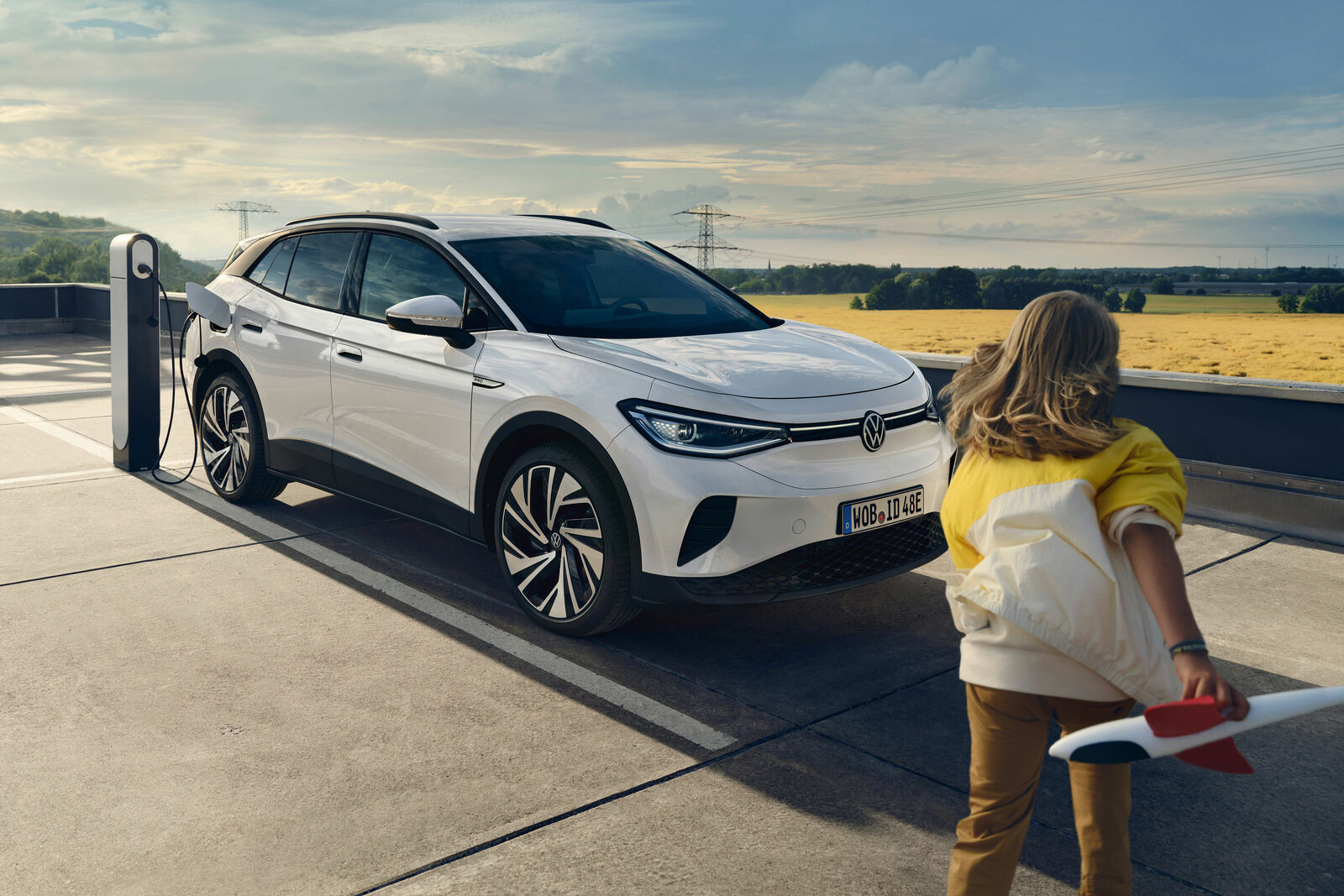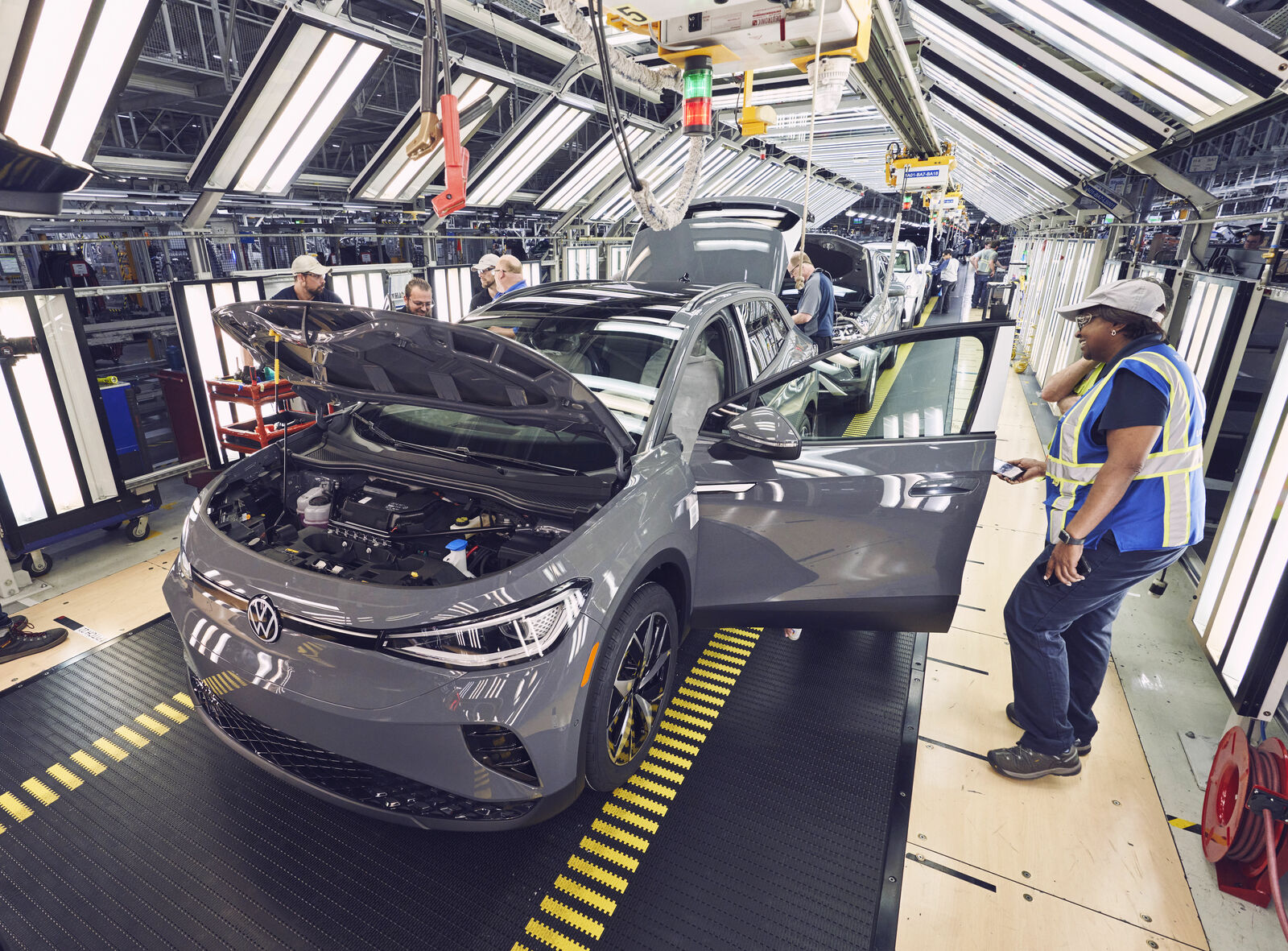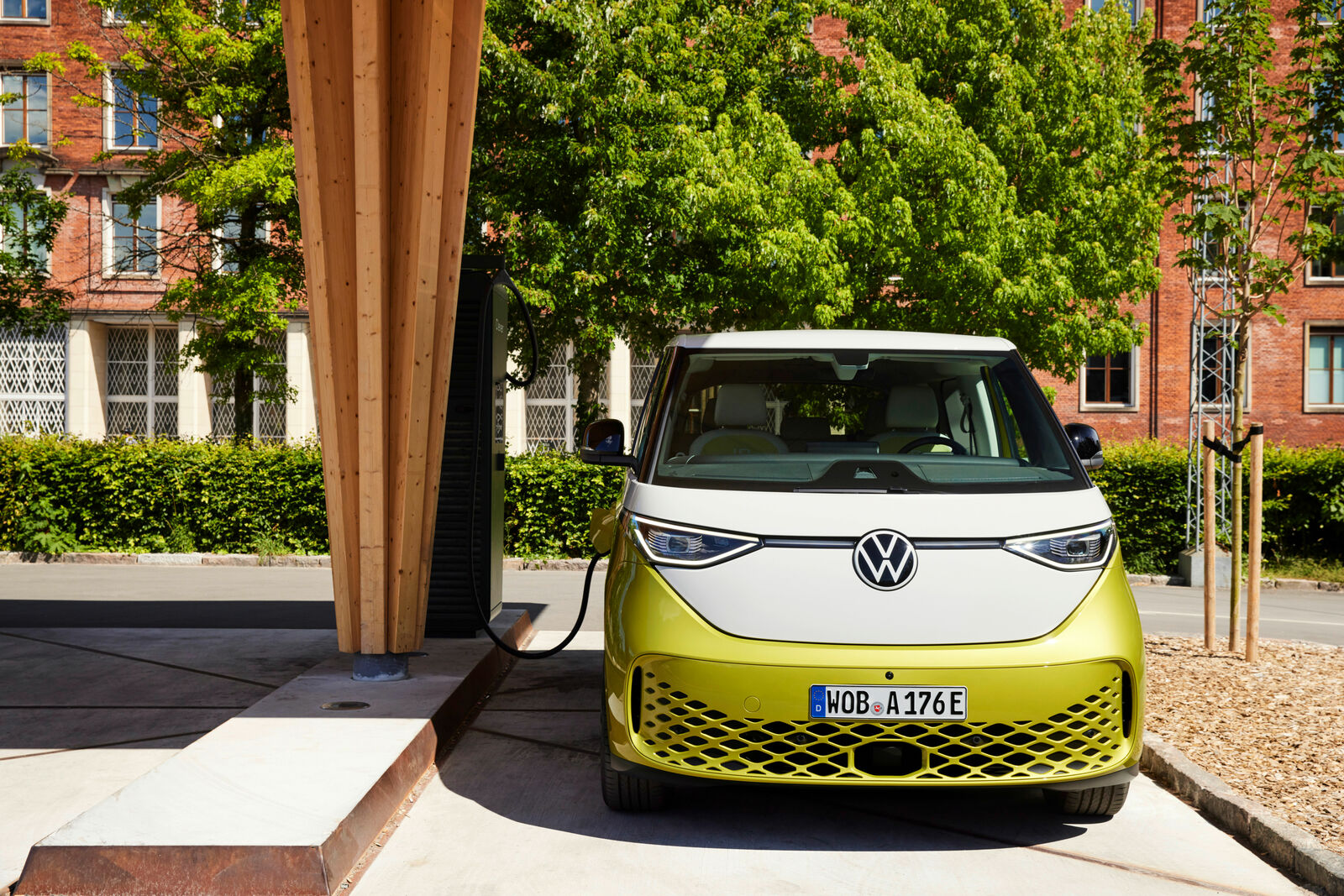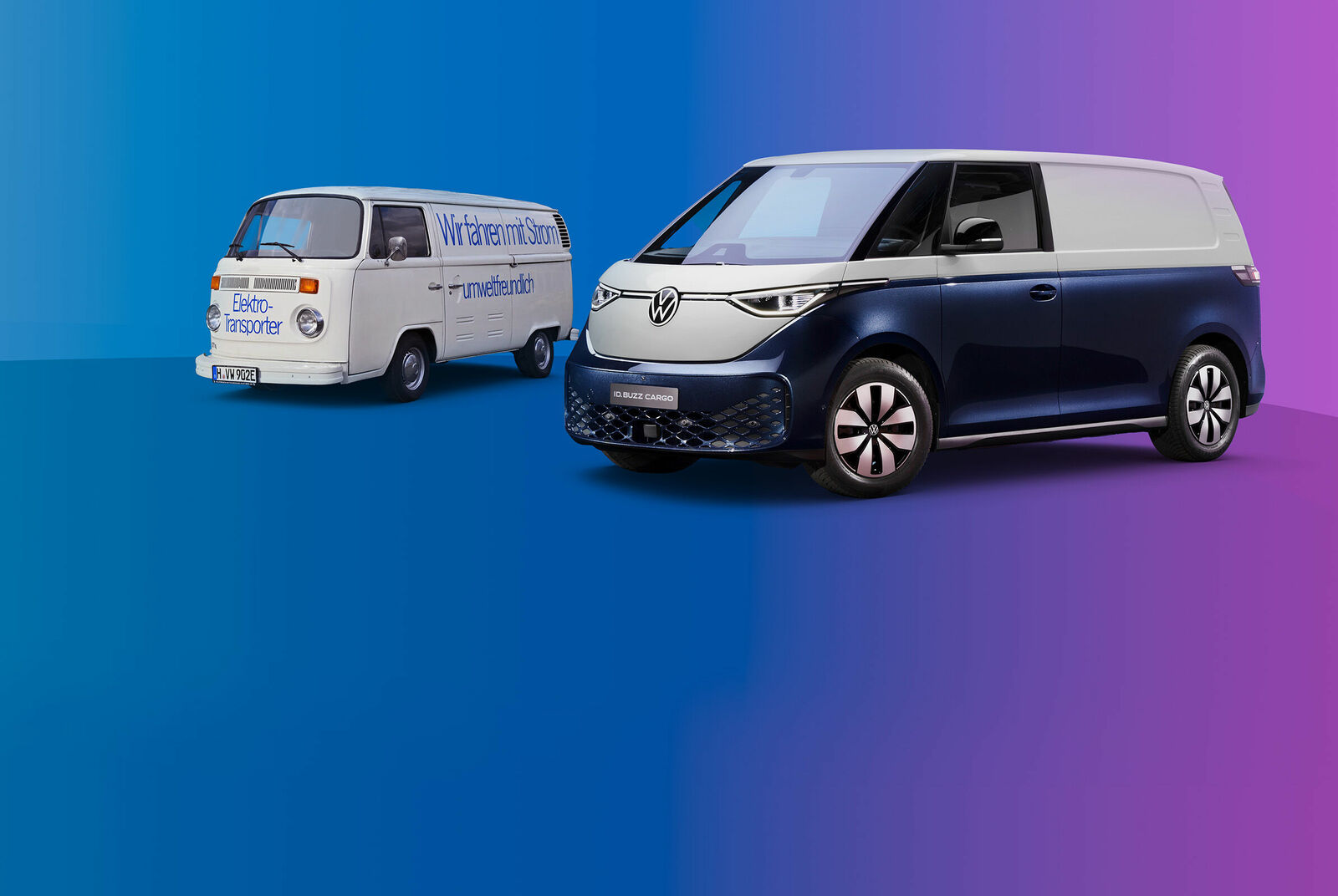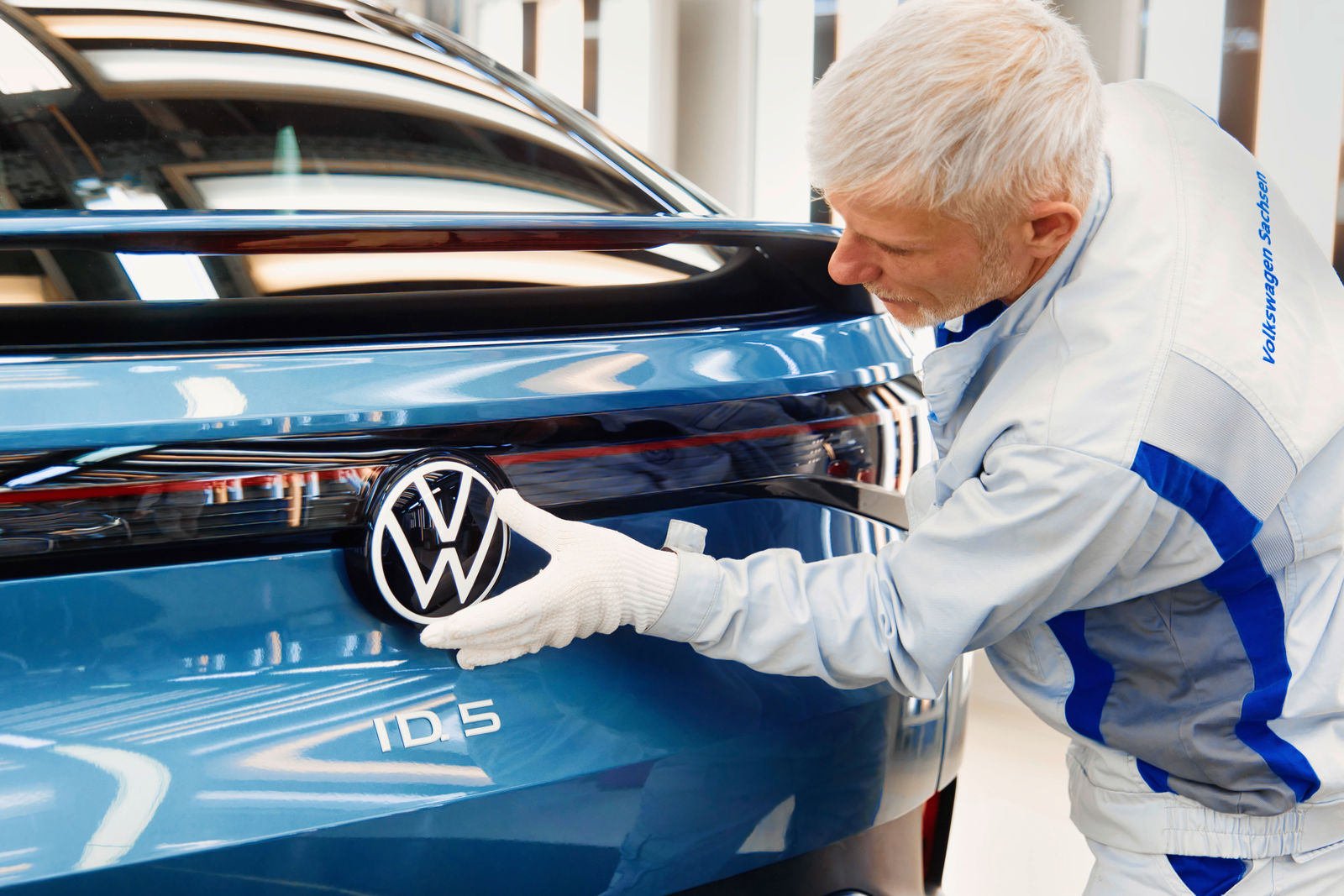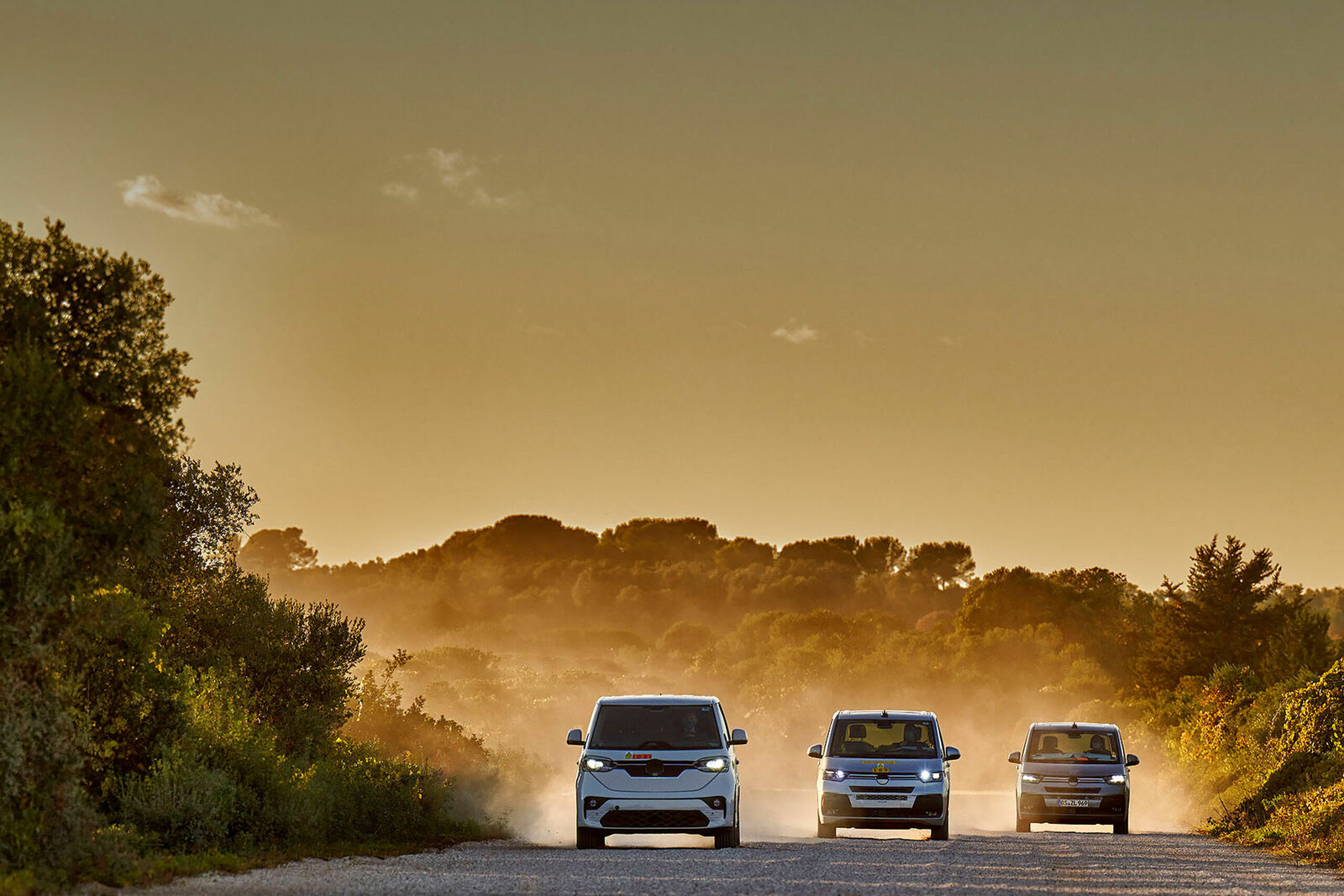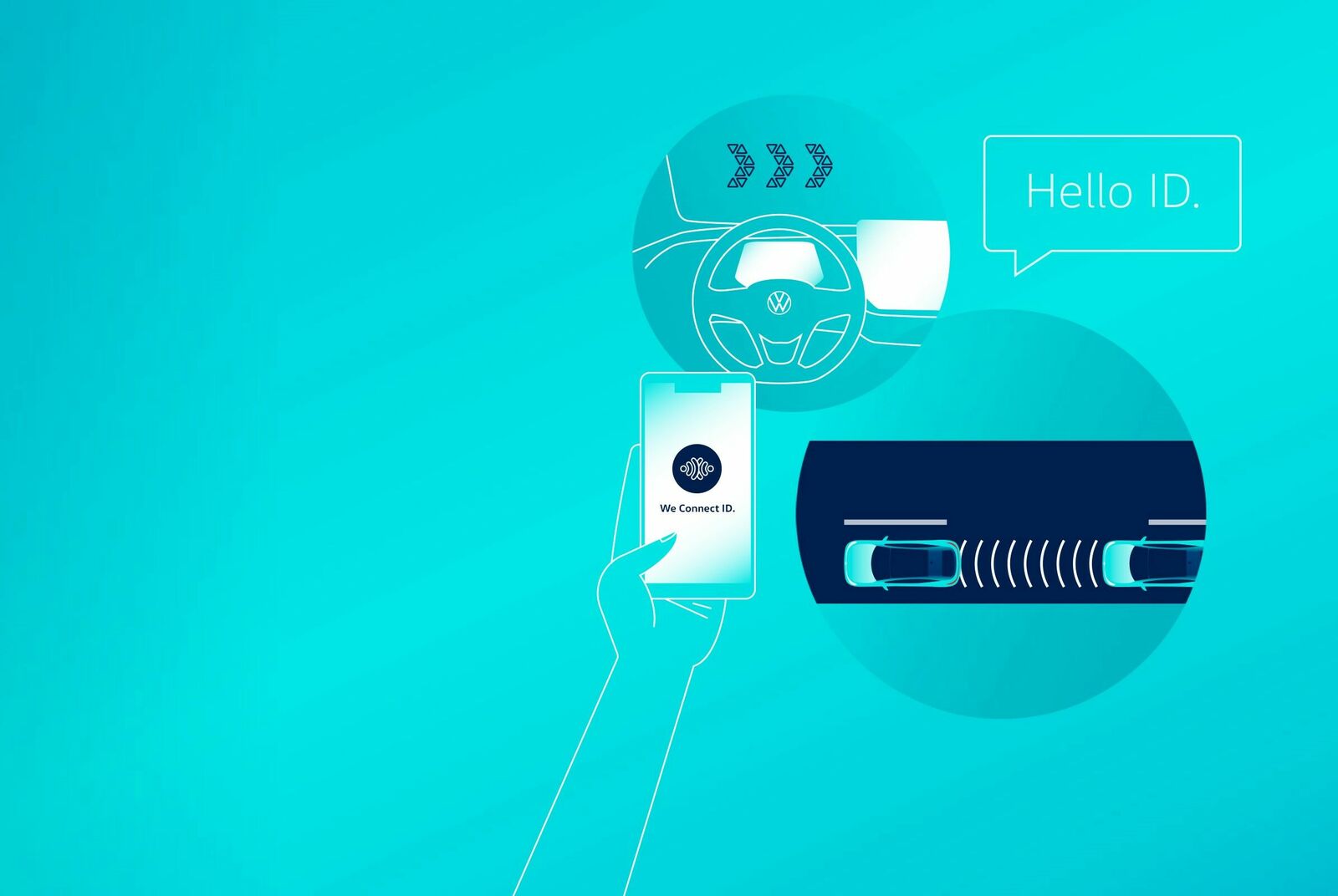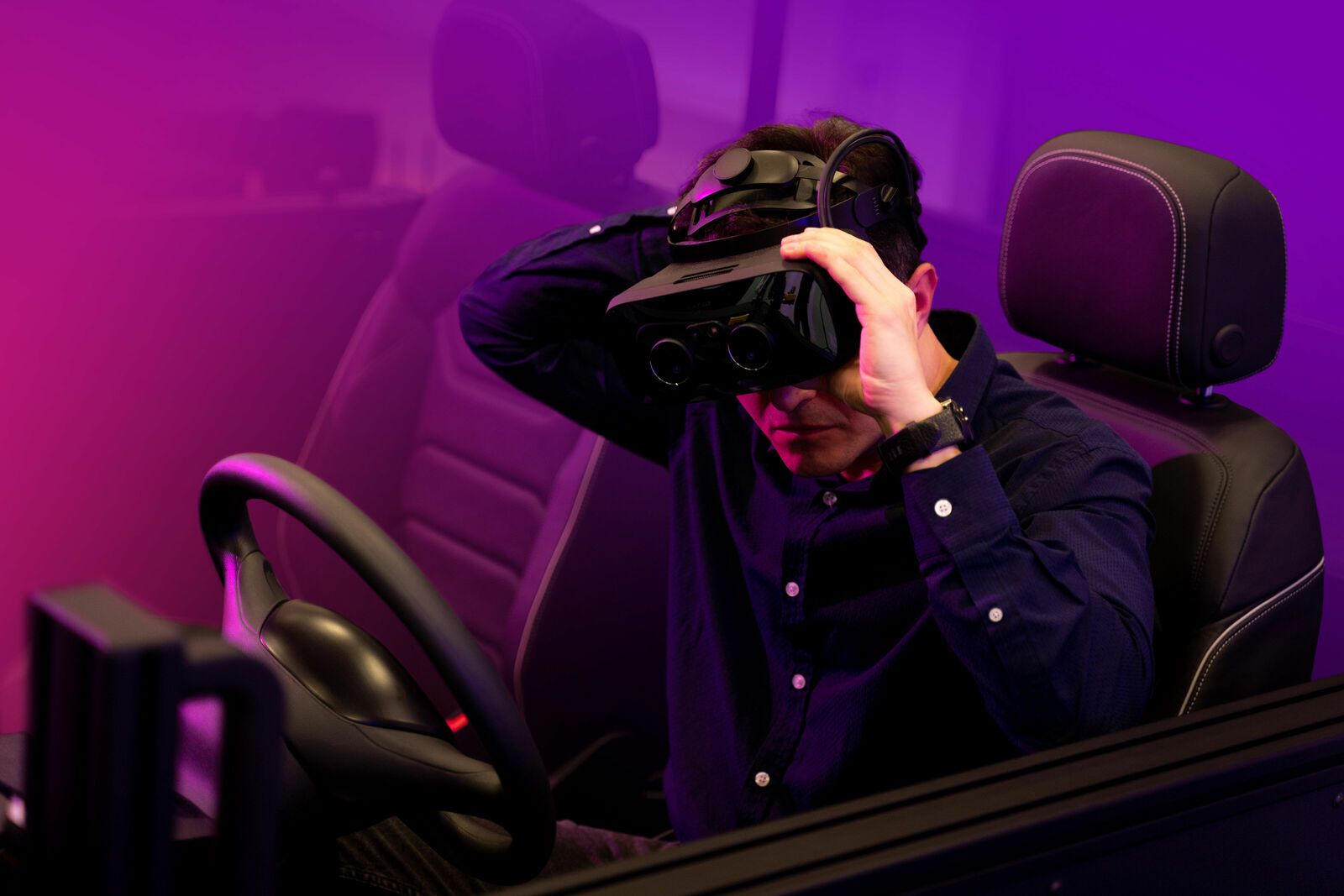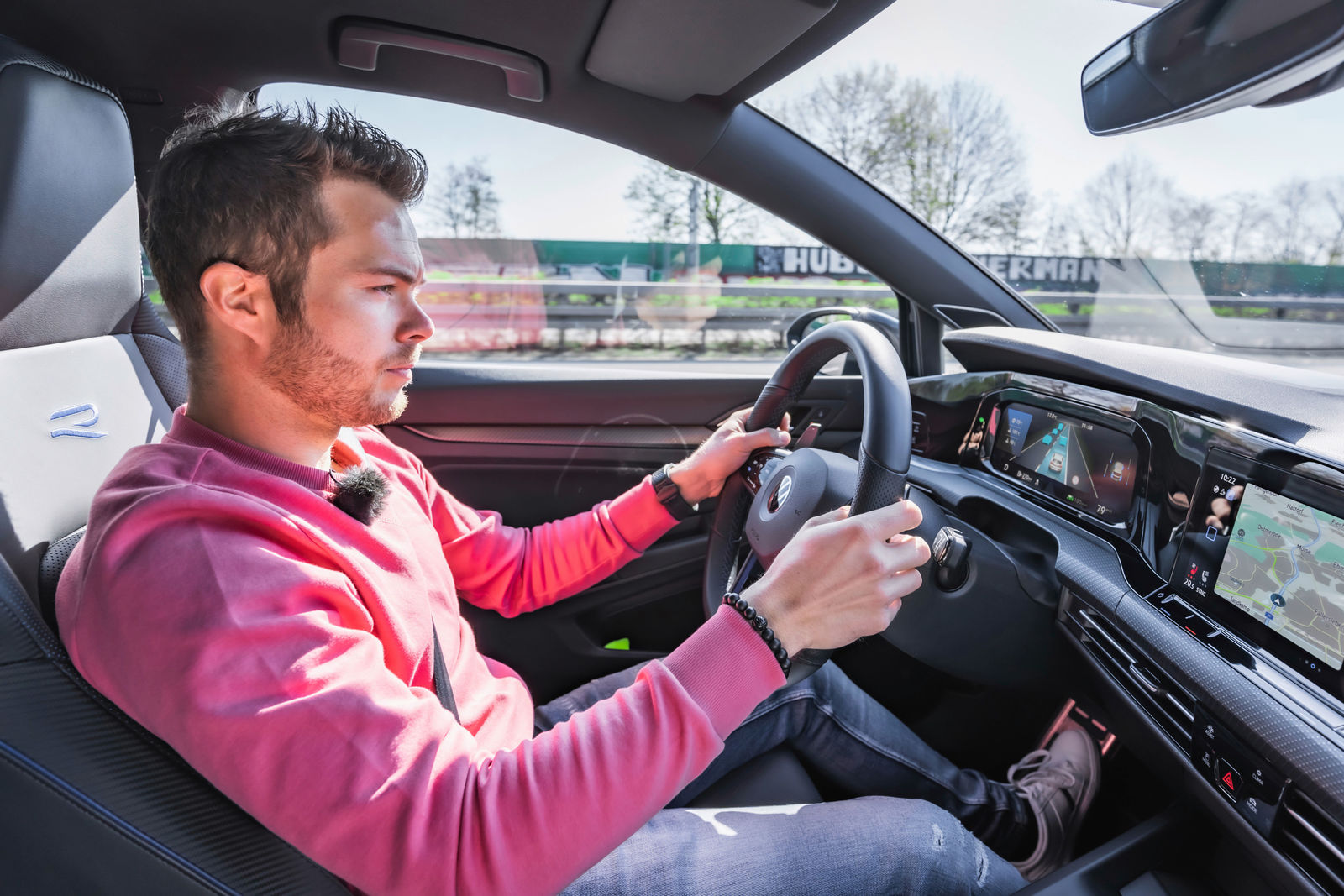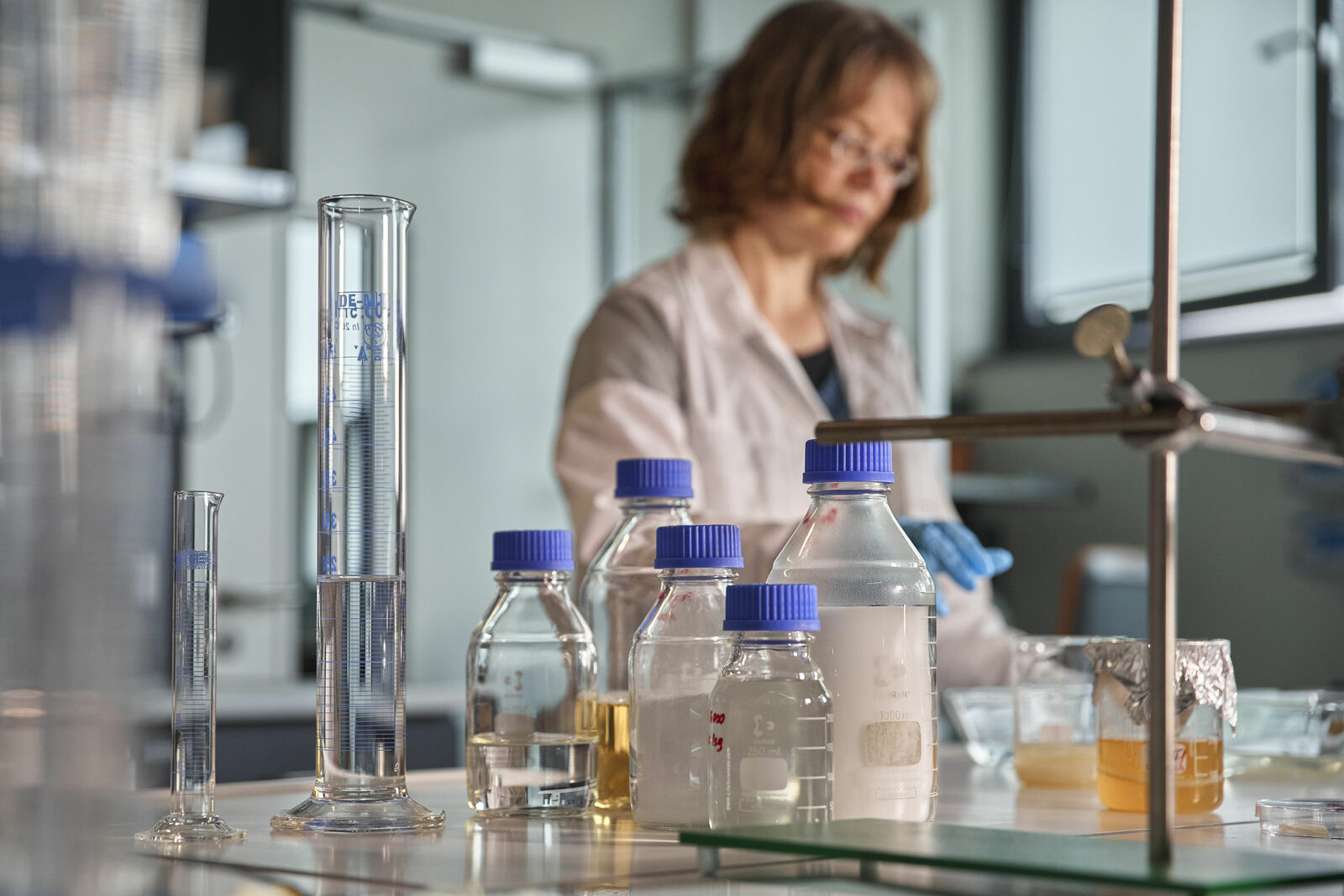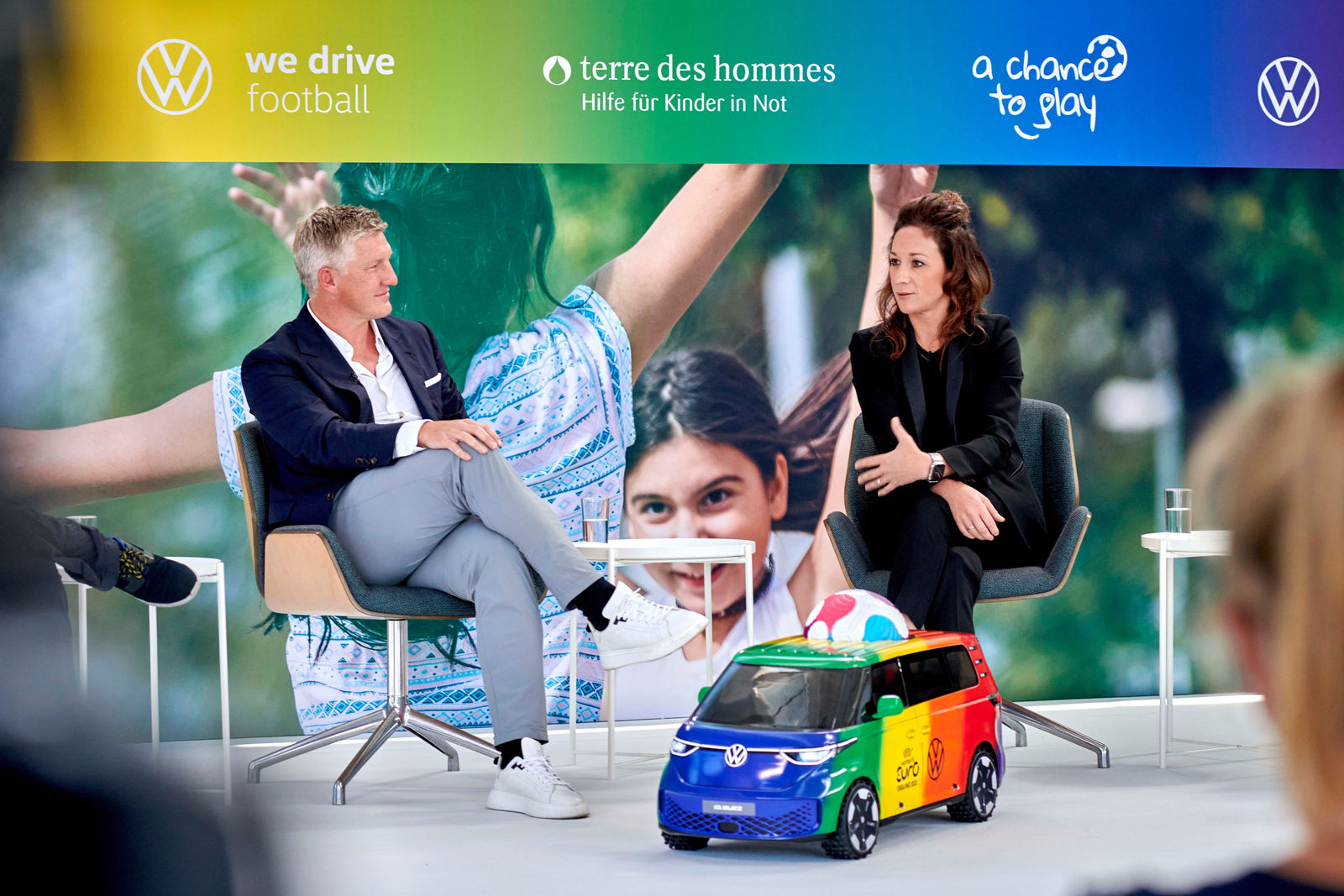Stories
Volkswagen is addressing the future of mobility through its e-campaign and sharing many stories along the way. Our stories and interviews with experts reveal more about how Volkswagen is driving the development of e-mobility. Our articles provide information and inspiration about Volkswagen’s electric models and VW technologies supporting sustainable mobility.
Stories E-mobility
What is it that makes electromobility so promising compared to other drive technologies? And what else is Volkswagen doing to advance the transport revolution? Find the answers to these questions and more in our stories and interviews on the topic of e-mobility.
Stories Models
Vehicle tests, technology tutorials, background information – find out more about Volkswagen models. The ID. family, for example, offers a wide range of electric vehicles to meet every need, from the compact ID.3 to the ID.5 e-SUV coupé and the ID. Buzz electric van. Learn more about VW models through our stories.
Stories Technology
Volkswagen continues to advance the technological development of e-vehicles and is on track to becoming a climate-neutral company. Our stories and interviews provide insights into VW’s technologies, from innovative and CO2-neutral production to sustainable drive systems and digital assistants.
Stories Company
Diversity, equality, memory – Volkswagen is not only committed to the mobility revolution but also to social issues. Find out about the values we live by at VW through our stories and interviews about the company.
